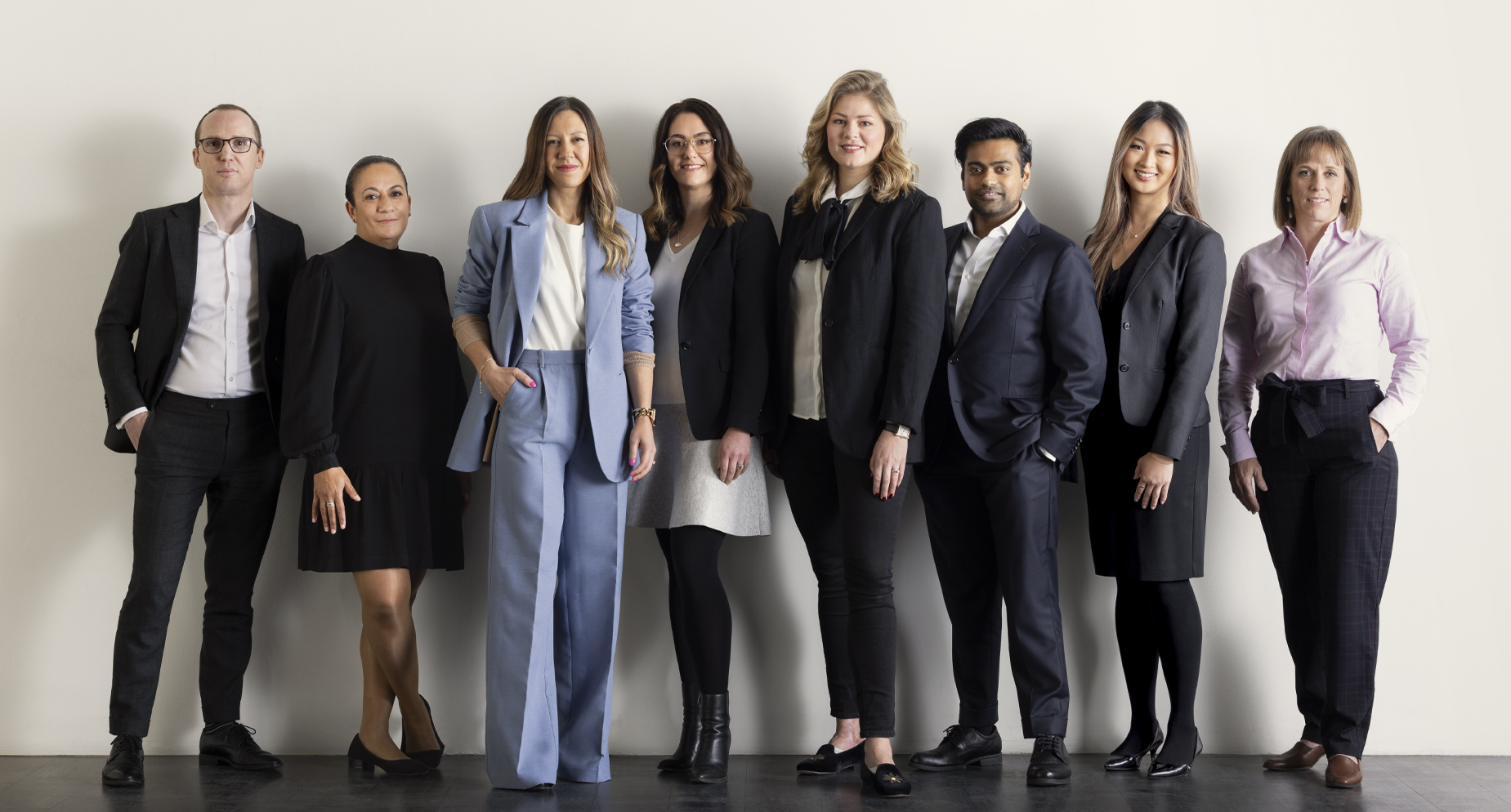
People // October 2023
Ideas People
What does innovation really mean? When it comes to new ideas and successfully implementing them, we meet 101’s quiet revolutionaries adding value to their companies, teams and cultures.
Share this on LinkedIn, Twitter
Louisa Lin | Investment Banking Analyst, Flagstaff Partners
"My definition of success is being happy."
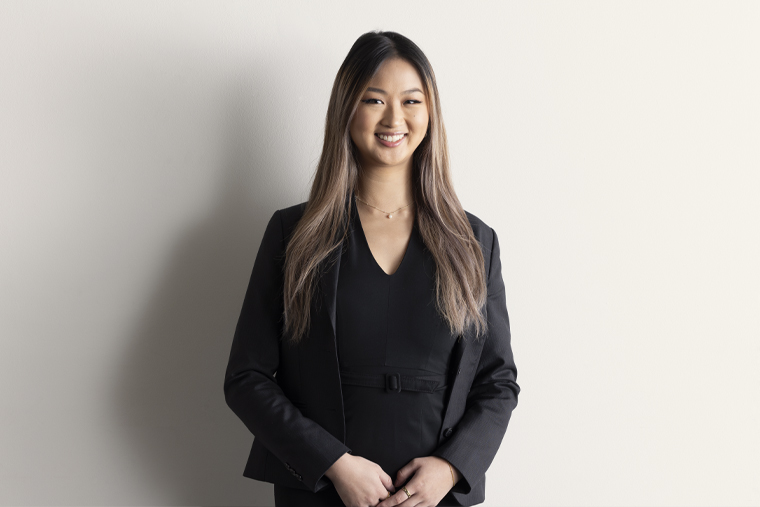

How have you got to where you are today?
Why did you decide to pursue finance over law?
As an investment banking analyst, what does your job entail? What does an average day look like for you?
What does it take to be a good Investment Banking Analyst?
Tell us about ACRYLIQUE and the work you do on top of your role at Flagstaff?
In what ways is the business innovative?
What advice do you have for people looking to start a business?
What are some of the biggest challenges you have faced building your business and how did you overcome them?
How does your business grow and evolve to adapt to the future?
The last three years have been incredibly challenging for many people, and I'm sure running a business isn't without fault. What do the next few years look like for you?
To what do you credit your success?
It sounds like you enjoy challenging yourself!
Cassandra Abbley | Director of Group Health and Safety, Logos
"I've never had a job where the days are the same."
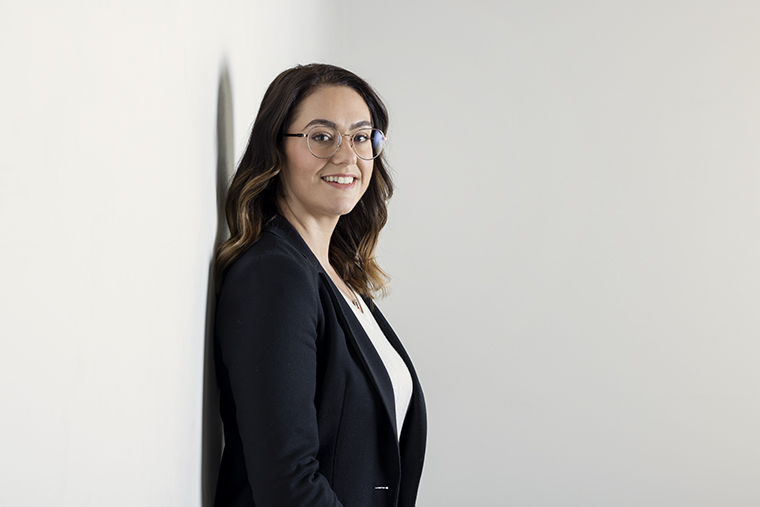

Tell us about your journey, how did you get to where you are?
What does a normal day look like for you?
How do you innovate in your role at Logos?
How does Logos differentiate itself in a crowded market?
How do you ensure growth and evolution to keep adapting to the future?
Kate Dillon | Director, Employee Strategy and Experience, Gilbert + Tobin
"I try to focus on things that give me energy and course-correct if something doesn’t."
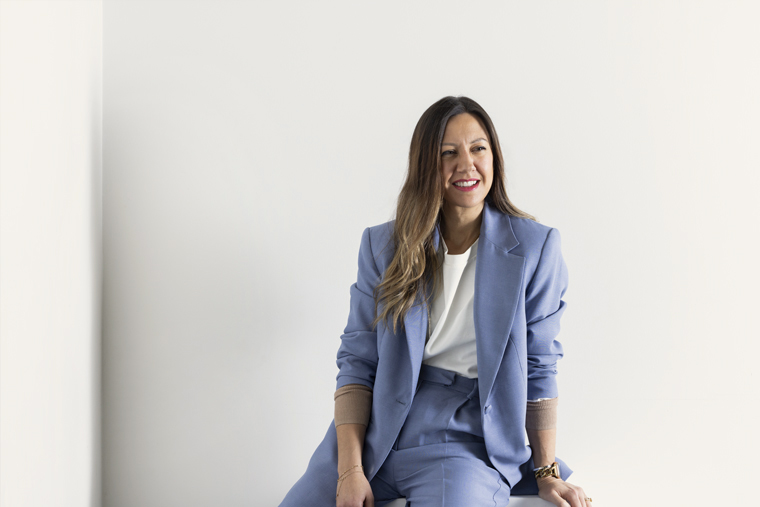

As a director at G+T, what does your job entail and what does a normal day look like for you?
What does it take to be good at what you do?
Tell us about She Lion and the work you do in that space.
What’s one thing you’ve learned from starting and running a business?
Chelsea Patten | Manager in ESG, VFMC
"I have always sought to leverage my knowledge and skills in different contexts."
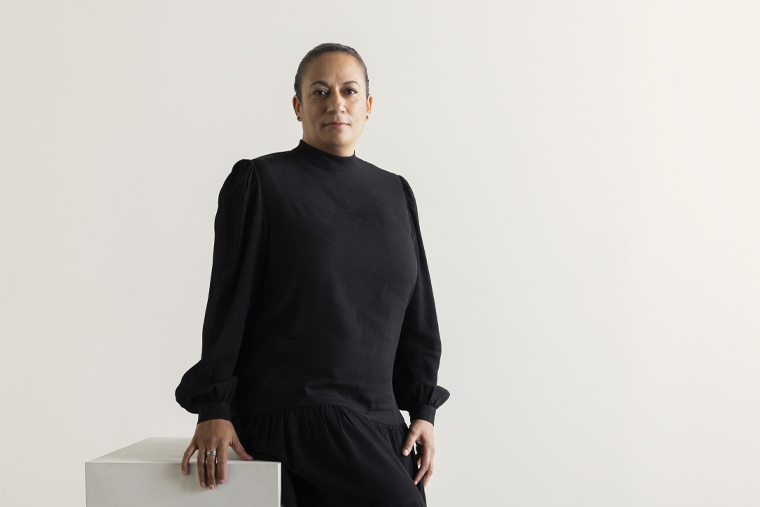

How have you got to where you are today?
As a Manager in ESG at VFMC, what does your job entail? What does a normal day look like?
What innovations have been made in the ESG space recently that stand out to you?
How do you ensure growth and evolution to adapt to the future in your role at VFMC and outside of it?
What does it take to be good at what you do?
What are some of the biggest challenges you have faced over your career and how have you overcome them?
To what do you credit your success?
Can you tell us about some moments you are particularly proud of?
Eibhlin Fletcher | People & Culture Manager, Growthpoint
"Be daring. Say yes to opportunities, not no, and make sure the right people are on your bus."
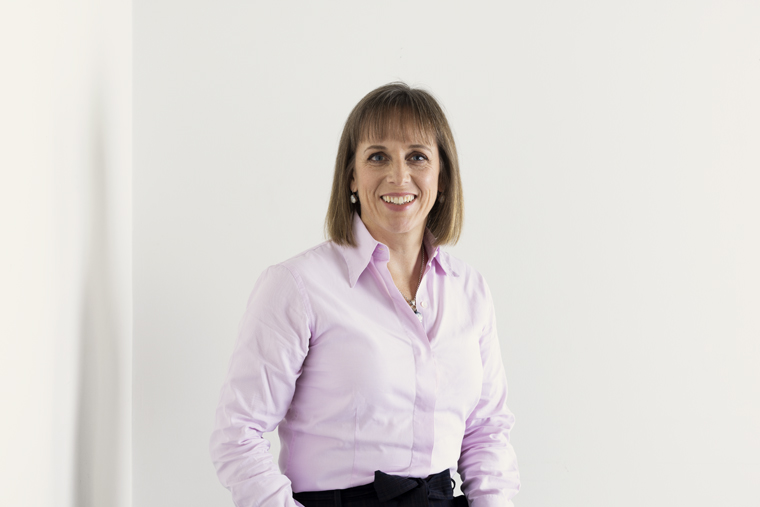

Tell us about your journey to where you are now.
Working with people is obviously something you're passionate about?
What does it take to be good at what you do?
Can you tell us about it and the work you do on top of your role at Growthpoint?
Where does the name Get a Grip of the Grind come from?
What advice do you have for others looking to start their own business?
You're the third person to say that.
How do you balance a high-profile job and running a business? Does it weigh on you heavily or do you find it easy?
Do you find that your experience in the People and Culture space has helped you understand how demanding women's lives are?
How do you find downtime for yourself?
To what do you credit your success?
Lloyd Way | Managing Director, Miles Advisory Partners
"Our people are our best assets."
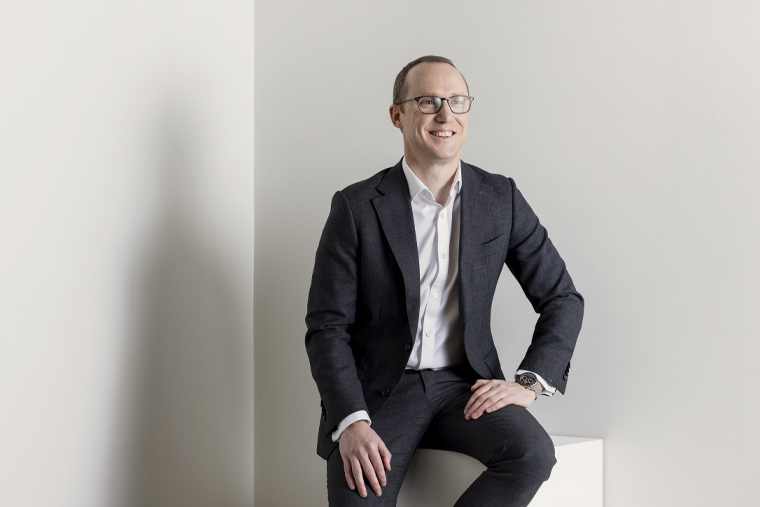

Tell us about your journey to where you are today.
How do you think you’re innovative in your role?
What does it take to be good at what you do?
How does Miles Advisory differentiate itself in a crowded market?
How do you ensure growth and evolution to keep adapting to the future in your role at Miles Advisory and outside of it?
What are some of the biggest challenges you have faced in your career and how have you overcome them?
To what do you credit your success?
Rohan Manikath | Managing Director, Miles Advisory Partners
"We like to do a lot of prep work."
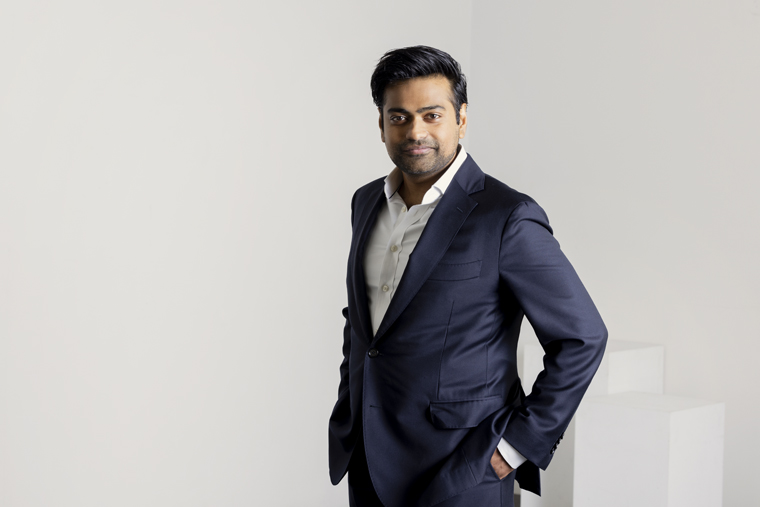

Tell us about your journey to where you are today.
What does a normal day look like for you?
You’re in the office five days a week, is that a mandate or by choice?
What does being a good leader look like to you? Would you say your leadership style is innovative?
How does Miles Advisory differentiate itself in a crowded market?
What are some of the biggest challenges you have faced during your career and how have you overcome them?
To what do you credit your success?
Tell us about some moments you're proud of, inside or outside of your career.
Daria Radchenko | Partner, Kearney
"It shows that you can't predict the future, so you might as well dream big."
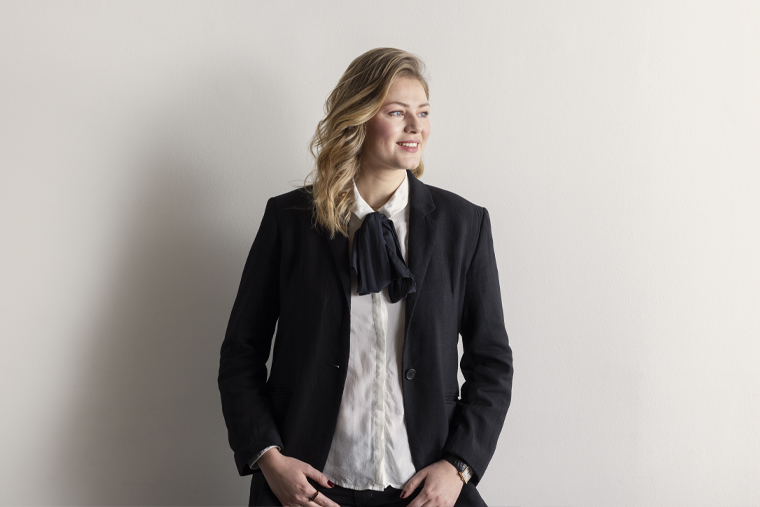

Tell us about your journey to where you are today.
As a partner, what does your job entail?
What do you think it takes to be good at what you do?
You were involved in the new fit-out for Kearney. In what ways is it innovative?
You’ve recently been promoted to partner – what does that mean in terms of leading the business into the future?
To what do you credit your success?